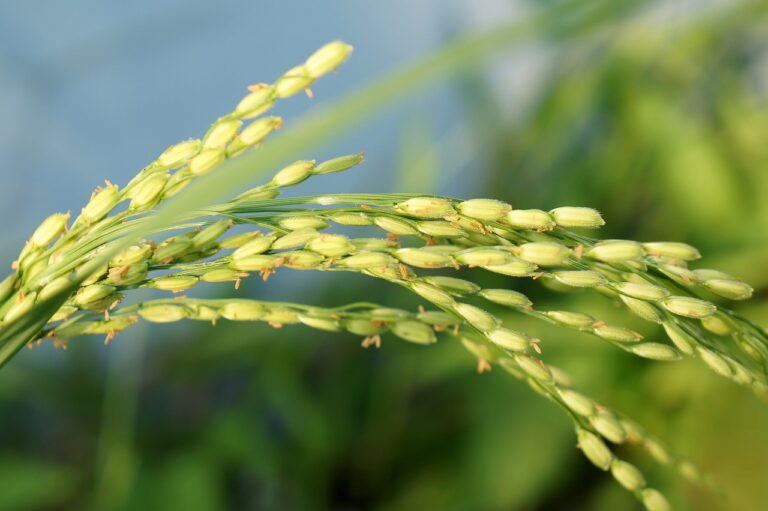Trends in Sustainable Seafood
11xplay, india 24 bet login registration, skyiplay:Sustainable seafood is a growing trend in the culinary world, as more and more people become aware of the impact that seafood consumption has on the environment. From overfishing to bycatch, there are many issues surrounding the seafood industry that need to be addressed. In this article, we will explore some of the latest trends in sustainable seafood and what you can do to make more environmentally conscious choices when it comes to your seafood consumption.
The Rise of Aquaculture
One of the biggest trends in sustainable seafood is the rise of aquaculture, or fish farming. With wild fish populations declining due to overfishing, aquaculture provides a more sustainable alternative by raising fish in controlled environments. This helps to reduce pressure on wild fish populations and can help to meet the growing demand for seafood around the world.
Certifications and Labels
Another trend in sustainable seafood is the increase in certifications and labels that help consumers identify sustainable seafood options. Organizations like the Marine Stewardship Council (MSC) and the Aquaculture Stewardship Council (ASC) provide certifications for fisheries and aquaculture operations that meet certain sustainability criteria. By looking for these labels when buying seafood, consumers can make more informed choices about the seafood they are purchasing.
Traceability and Transparency
Consumers are becoming more interested in where their food comes from, and seafood is no exception. Traceability and transparency are becoming increasingly important in the seafood industry, as consumers want to know where their seafood was caught or raised, how it was processed, and how it ended up on their plate. This trend is pushing seafood suppliers to provide more information about their products, giving consumers the ability to make more sustainable choices.
Plant-Based Seafood Alternatives
As the demand for sustainable seafood grows, so does the popularity of plant-based seafood alternatives. Products like plant-based shrimp, fish fillets, and crab cakes are becoming more widely available, providing consumers with a sustainable and environmentally friendly option for their seafood cravings. These plant-based alternatives often mimic the taste and texture of traditional seafood, making them a viable option for those looking to reduce their impact on the environment.
Community Supported Fisheries
Community Supported Fisheries (CSFs) are another trend in sustainable seafood that is gaining popularity. Similar to Community Supported Agriculture (CSA) programs, CSFs allow consumers to purchase shares in a local fishing operation in exchange for a weekly or monthly supply of fresh, sustainably caught seafood. By supporting local fishermen and women, consumers can help to promote sustainable fishing practices and reduce the carbon footprint of their seafood consumption.
Reducing Food Waste
Food waste is a major issue in the seafood industry, with up to 40% of seafood caught globally going to waste each year. To combat this trend, consumers and businesses are finding ways to reduce food waste in the seafood supply chain. This includes using more of the fish, such as eating the whole fish instead of just fillets, and finding creative ways to repurpose seafood scraps into new dishes.
Conclusion
As the demand for seafood continues to grow, it is more important than ever to make sustainable choices when it comes to seafood consumption. By supporting aquaculture, looking for certifications and labels, demanding traceability and transparency, trying plant-based alternatives, joining CSFs, and reducing food waste, you can help to promote sustainability in the seafood industry. Whether you are a seafood lover or just looking to make more environmentally conscious choices, there are plenty of ways to enjoy delicious seafood while also protecting the oceans for future generations.
FAQs
Q: What are some common certifications to look for when buying sustainable seafood?
A: Some common certifications to look for include the Marine Stewardship Council (MSC) label and the Aquaculture Stewardship Council (ASC) label.
Q: Are plant-based seafood alternatives healthy?
A: Plant-based seafood alternatives can be a healthy option, as they are often lower in calories and saturated fat than traditional seafood.
Q: How can I find a Community Supported Fishery (CSF) near me?
A: You can search online for CSFs in your area, or ask at your local farmers’ market or seafood market for information on CSF programs.







